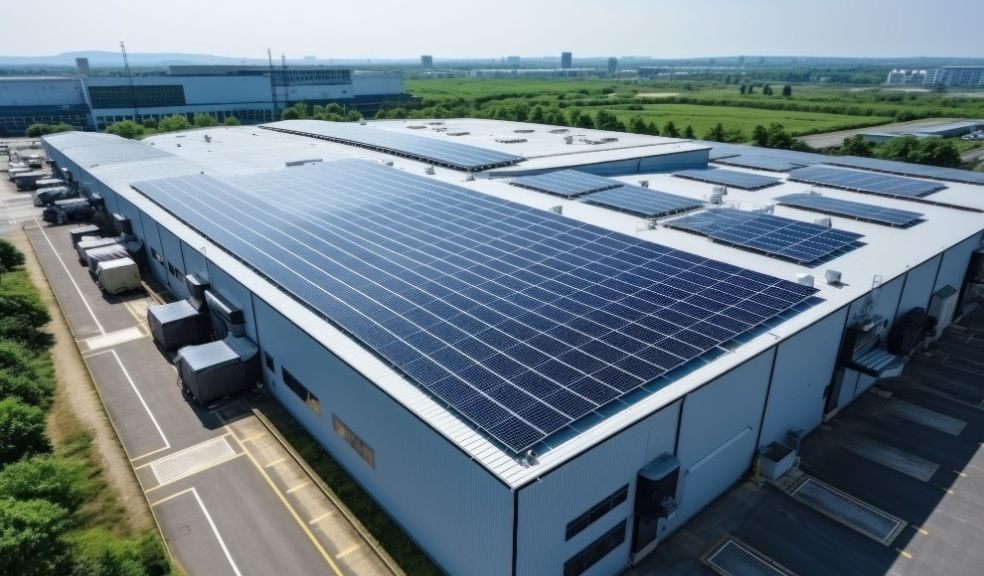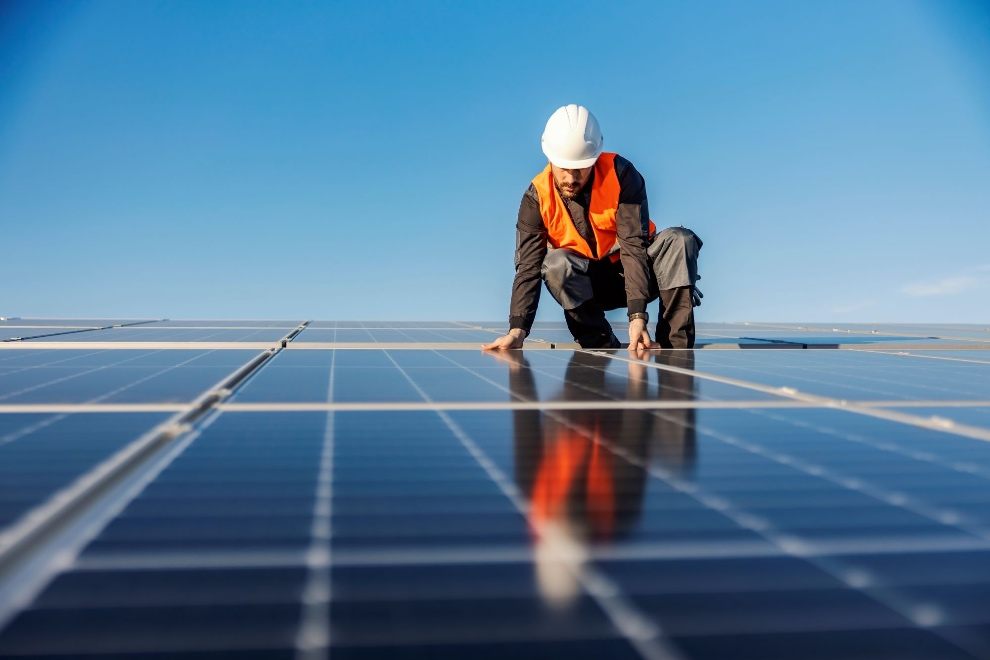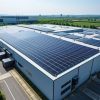
How Much Do Commercial Solar Panels Cost? A Guide for Business Owners
Running a business comes with many expenses. From payroll to utilities, the costs can add up quickly. That's why more companies are turning to solar power as a way to save money in the long run. But how much do commercial solar panels cost?
This guide breaks down the factors that influence pricing and what business owners can expect when considering solar energy.
The Basics of Commercial Solar Panels
Commercial solar panels work just like residential ones but on a larger scale. They capture sunlight and convert it into electricity to power your business. The main difference is the size of the system and where it's installed.
Most commercial solar setups are placed on flat rooftops or in open areas near the building. They're designed to generate enough power to meet a significant portion of a company's energy needs.
Factors That Affect Commercial Solar Panel Costs
Several key elements determine the price of a commercial solar system:
System Size
The bigger your energy needs, the larger your solar array will need to be. A small office might get by with a 10-kilowatt system, while a large factory could require 1 megawatt or more. Larger systems cost more upfront but can lead to bigger savings over time.
Type of Panels
Your commercial solar options are not created equal. Monocrystalline panels are more efficient but pricier. Polycrystalline panels are cheaper but take up more space. The choice depends on your budget and available installation area.
Installation Location
Roof-mounted systems are common, but ground-mounted arrays might be necessary for some businesses. Ground installations often cost more due to extra equipment and labour.
Local Labor and Permit Costs
Prices vary by region. Areas with higher living costs or stricter building codes may charge more for installation and permits.
Additional Equipment
Inverters, batteries for energy storage, and monitoring systems all add to the total cost. However, they can also improve the system's efficiency and reliability.
Average Costs for Commercial Solar Panels
While prices can vary widely, here's a general idea of what businesses might expect to pay:
- Small systems (10-50 kW): £16,000 to £200,000
- Medium systems (50-250 kW): £200,000 to £1,000,000
- Large systems (250 kW-1 MW): £1,000,000 to £4,000,000
Remember, these are ballpark figures. The actual commercial solar panel cost for your business could be higher or lower depending on your specific situation.
Breaking Down the Costs
Let's look at the main components of a commercial solar installation:
Solar Panels
The panels themselves usually make up about 25-30% of the total system cost. Prices have dropped significantly in recent years, making solar more accessible for businesses of all sizes.
Inverters
These devices convert the DC power from solar panels into usable AC power. They typically account for 10-15% of the system cost.
Mounting Equipment
The hardware used to secure panels to your roof or ground mounts represents about 10% of the total cost.
Labour and Installation
This is often the largest expense, accounting for 30-40% of the project cost. Skilled technicians are needed to ensure your system is set up correctly and safely.

Permits and Inspections
Depending on your location, these can add 5-10% to the overall cost. It's crucial to factor them in when budgeting for your project.
Financing Options for Commercial Solar Panel System
The upfront cost of solar panels can seem daunting, but there are several ways to make it more manageable:
Cash Purchase
Buying the system outright offers the quickest return on investment, but it requires a significant upfront payment.
Solar Loans
Many banks and solar companies offer loans specifically for solar installations. This allows businesses to spread the cost over several years.
Power Purchase Agreements (PPAs)
With a PPA, a third party owns and maintains the solar panel system on your property. You agree to buy the power it produces at a set rate, often lower than utility prices.
Solar Leases
Similar to a PPA, but you pay a fixed monthly rate for the system rather than for the power produced.
Each option has its pros and cons. It's worth consulting with a financial advisor to determine which is best for your business.
Return on Investment: When Do Solar Panels Pay Off?
The time it takes for solar panels to pay for themselves varies, but many businesses see a return on investment within 5-10 years. After that, the electricity generated is essentially free, minus minimal maintenance costs.
Factors that influence payback time include:
- Local electricity rates
- Amount of sunlight your location receives
- Incentives and tax breaks available
- Your energy consumption patterns
For example, a business in a sunny state with high electricity costs might see faster savings than one in a cloudy area with cheaper power.
Hidden Costs and Considerations
While solar can save money in the long run, there are some additional costs to keep in mind:
Maintenance
Solar panels are generally low-maintenance, but occasional cleaning and inspections are necessary to avoid issues. Budget for these services to keep your system running efficiently.
Insurance
Your business insurance premiums might increase slightly to cover the new solar installation.
Roof Repairs
If your roof needs work, it's best to do it before installing solar panels. Removing and reinstalling panels for roof repairs can be costly.
Conclusion
Making the switch to solar is a big decision for any business. While the upfront costs can be substantial, the long-term savings and environmental benefits make it an attractive option for many companies. By understanding the factors that influence pricing and exploring various financing options, you can make an informed choice about whether commercial solar panels are a smart investment for your business.














